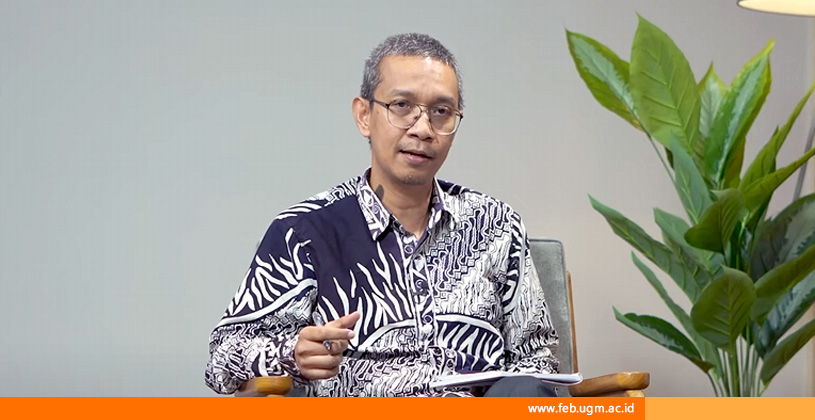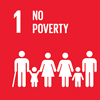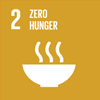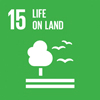FEB UGM Lecturer Highlights Opportunities and Challenges of the Transmigration Program
- Details
- Written by Shofi
- Category: News
- Hits: 219

The transmigration program in Indonesia has a long history, starting even before independence. Muhammad Ryan Sanjaya, S.E., M.Int.Dev.Ec., Ph.D., a lecturer from the Department of Economics at the Faculty of Economics and Business (FEB) UGM, stated that transmigration has been part of Indonesia's history, even before independence. During President Soeharto's era, particularly in the 1970s to 1980s, the program underwent massive expansion, relocating hundreds of thousands to millions of people, primarily from Java to other regions.
"The process has not been smooth, but there are both positive and negative notes regarding the transmigration process in Indonesia," Ryan stated during the Dialog To The Point segment broadcast by RRI recently.
Ryan mentioned that several studies have shown the success of the transmigration program. It has been considered successful in certain aspects, such as reducing conflict in some areas, although the process has sometimes been challenging.
"The transmigration program has many positive notes. Many believe that transmigration can create conflict, but research has found that the level of conflict has been relatively low in many places," he explained.
However, Ryan also pointed out that transmigration has risks. One of the challenges the program faces is the potential for polarization between the indigenous population and transmigrants. This polarization can occur when certain ethnic or cultural groups dominate new areas, leading to tensions with the local population. For example, he mentioned the significant conflict between Madurese transmigrants and the local population in Kalimantan, which surfaced in the late 1990s and early 2000s.
Ryan emphasized that the key to a sustainable transmigration program is good relations with the local community. Transmigrants are expected not to act independently without involving the local society. From an economic perspective, if vacant lands lack human capital, transmigrants' presence can have a positive impact. They will produce in these areas and help develop the local economy.
Furthermore, Ryan highlighted another potential conflict that may arise from the transmigration program: the emergence of social inequality. Transmigrants tend to be more successful and can expand their land, eventually sparking social jealousy. This could create positive competition and prosperity but could also be a seed for conflict.
He added that an important aspect to consider in the transmigration program is the readiness of transmigrants regarding the situation in the destination area. With the primary condition that transmigrants must be married, Ryan suggested that the government should bind transmigrants with certain conditions to ensure that they are not just seeking short-term gains and then disappearing.
Ryan emphasized that the government still needs to carry out the transmigration program. As part of the effort to redistribute the population, it is necessary to address the overcrowding on Java Island.
"I believe the government still needs to facilitate redistribution because the majority of the population is concentrated on Java, while there are still many regions outside Java that are underdeveloped and sparsely populated," he concluded.
Reportage: Shofi Hawa Anjani
Editor: Kurnia Ekaptiningrum
Sustainable Development Goals










